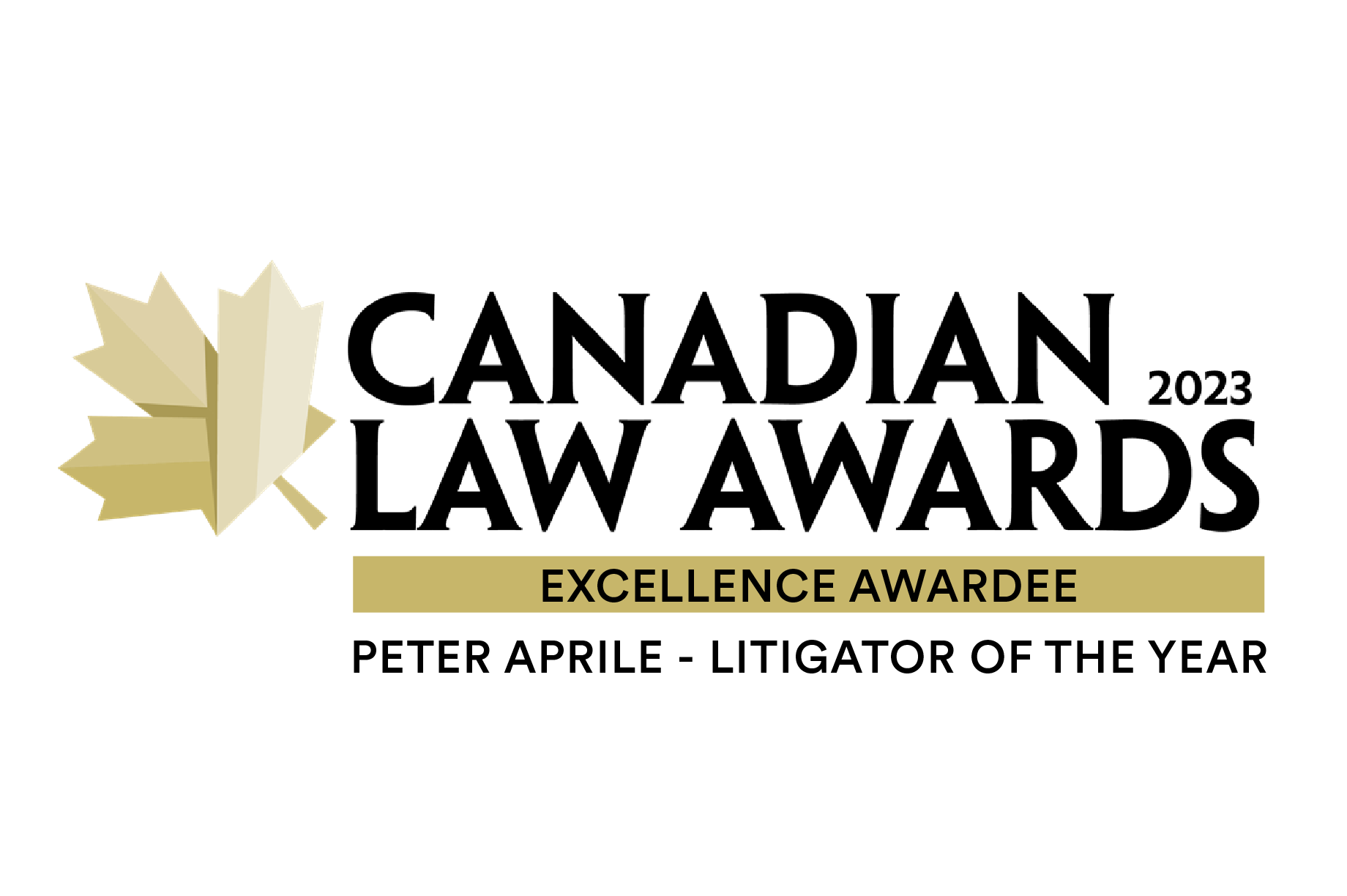
Resolving Tax Disputes (3rd edition) studies tax disputes, conflict levels, and basic strategies. It helps accountants to limit early-stage mistakes and reduce liability.
One of the chapters in RTD3 is about audits and how to handle them. It provides valuable tips to help you navigate the audit process. We’ve included some excerpts from that chapter in this article.
When To Play Certain Cards During the Tax Audit Process
When to Circumnavigate the Auditor
The auditor’s team leader has the final say on the reassessment. You should consider approaching the team leader if any of the following situations arise:
- The auditor has sent a reassessment proposal letter and you want to try to negotiate a mutually acceptable resolution.
- The auditor appears not to have the training or experience to deal with an issue being addressed in the audit and there is no use in debating the issue any further with the auditor.
- Any of the auditor’s intended reassessments that contravene an advance ruling, an income tax folio, or interpretation bulletin.
If the auditor is auditing under a directive from Head Office in Ottawa, consider meeting directly with the Head Office personnel. If the auditor is proposing to base a reassessment on a questionable interpretation of the law, ask the auditor to obtain a legal opinion from the DOJ. If both the auditor and the supervisor seem inappropriately indifferent or closed-minded to your proposal to resolve all disputes, you may want to ask the Assistant Director of Audit to hear your submission.
Notes About Involving the Commissioner or Minister
It is rarely necessary or advisable to approach the Commissioner or Minister concerning a tax dispute. Even serious misconduct of an audit or serious mistreatment of a client can usually be rectified by bringing the problem to the attention of the Assistant Director of Audit or the Director of the Tax Service Officer. You may also want to consider filing a service complaint and involve the Taxpayers’ Ombudsman in the appropriate circumstances.
In an appropriate case, however, you may wish to communicate your grievances with the CRA to the Minister by simply filling out the form available on the CRA’s website here.
_AquaBlueFlat.jpg?width=812&height=360&name=CounterBlogPattern(2)_AquaBlueFlat.jpg)
You may also want to speak with your client’s local member of Parliament to see if they are able to escalate the problem through their connections. Be judicious, however, in asking the Commissioner or the Minister to intervene, not only out of respect for their offices, but also because the Commissioner’s or Minister’s intervention, while likely rectifying any apparent or real misconduct, will not resolve the underlying dispute and may make it even more difficult to resolve, as the CRA’s personnel are often uneasy when the Minister’s office has been involved in a case.
In our experience, communicating with the Minister or local member of Parliament is rarely an effective way of resolving a tax dispute. However, if you are having genuine issues with the CRA’s service that render you otherwise powerless (e.g., an audit is taking eight years to complete and you are unable to make it move faster), you may wish to engage the Minister or member of Parliament.
Further, the taxpayer’s ombudsman has limited powers and usually the wrong place to try to resolve tax disputes. The ombudsman is restricted to reviewing service-related complaints and will usually ask whether the taxpayer has already gone through two levels of service-related complaints with the CRA before accepting responsibility for dealing with the issue.
When to Hold Your Fire
In cases where it appears unlikely that you will be able to negotiate an acceptable overall resolution of the dispute at the audit stage, it may be better to hold your fire on an issue, to wait to discuss it with an appeals officer rather than debating it with the auditor.
Audits tend to follow a pattern and to have a certain momentum. The auditor makes initial inquiries, raises issues, sets targets for reassessment, and then begins composing their audit report, at which time the momentum of the audit starts to wane.
_AquaBlueFlat.jpg?width=812&height=360&name=CounterBlogPattern(2)_AquaBlueFlat.jpg)
If you intervene as the momentum of an audit is rising and succeed in dissuading the auditor from reassessing one of the targets fastened upon, your advocacy may be counterproductive; it may serve only to cause the auditor to search for some other, better, target. You may better serve your client by holding your fire, allowing a reassessment to be issued and then making your argument at the objection stage, when it will be more difficult and too late for the CRA to select another target. This is not to suggest that you should deliberately withhold pertinent information from the auditor; it is only to suggest that you carefully consider the best time to advance your arguments that a reassessment is wrong.
When You Suspect a Prosecution is Imminent
While it is not always clear when a regular audit crosses the line into a criminal investigation, you may notice that the auditor’s attitude becomes increasingly aggressive or confrontational. A more experienced and senior CRA representative may join in the audit. The questions may seem more pointed. The CRA’s staff may suggest that your client is guilty of serious wrongdoing and deserving of prosecution. What can you do to protect your client and limit the extent of the possible damage? If you are not a lawyer and no lawyer is already acting for the client, consider having the client retain a tax lawyer through whom all communication can be routed, so that all communication can be protected by solicitor-client privilege, or litigation privilege, or both.
_AquaBlueFlat.jpg?width=4000&height=1771&name=CounterBlogPattern(2)_AquaBlueFlat.jpg)
Do not permit the CRA to communicate directly with the taxpayer. If the auditor asks for information from the taxpayer’s accountant, route the information back through the taxpayer’s lawyer, so that the accountant can be regarded as the client’s agent for the purposes of obtaining legal advice and the accountant’s statement may be protected by solicitor-client privilege, by litigation privilege, or by both. The client should make it explicit that the accountant is acting as agent of the taxpayer. The accountant’s involvement is best kept to a minimum since the government may call the accountant as a witness against the client in a criminal prosecution.
Ask the CRA’s representatives to confirm in writing that they are civil auditors and are not from Investigations. You should also confirm that the information they seek is being sought for assessment purposes and not for purposes of a prosecution. If the auditor ceases contact for an extended period, it is possible they could be making a referral to the CIP. If you are concerned, ask the auditor, because if they are directly questioned, the CRA is required to tell taxpayers if their file has been referred.
It is also advisable to answer auditors’ questions in writing, being careful to avoid any inadvertent admission and affirming that the answers are given on the understanding that the auditor is conducting an audit, not a criminal investigation, and that the answers are not being provided voluntarily but under the statutory compulsions of the ITA.

.jpg?width=120&name=Counter%20Tax%20Litigators%20Logo%20Stacked%20(MidnightBlue%20on%20White).jpg)












.png?width=400&height=400&name=CT-How_Can_We_Help-22_july_NewGraphic_b(small).png)

.png?width=1386&height=1224&name=2025%20Legal500%20Elite%20Boutique%20Award%20(Badge).png)
.png?width=1386&height=1224&name=ITR%20Finalist%20Practice%20Leader%20of%20Year%20Peter%20Aprile%202024%20(Badge).png)
.png?width=1386&height=1224&name=2025%20Legal500%20Leading%20Firm%20Client%20Satisfaction%20Award%20(Badge).png)





.png?width=1386&height=1224&name=ITR%20Tax%20Innovator%20Finalist%202024%20Award%20(Badge).png)




